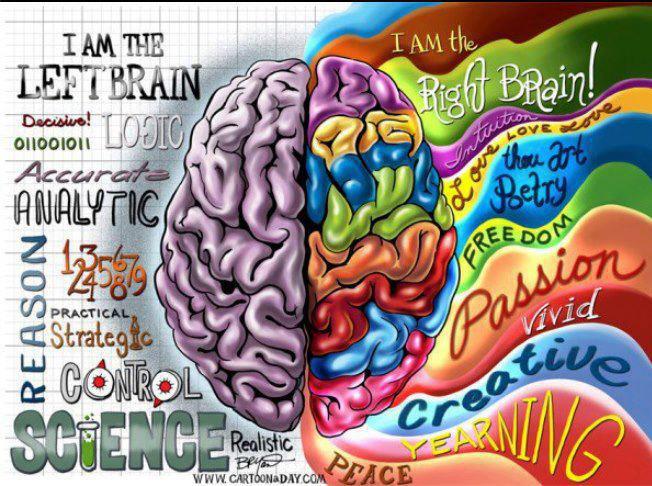As we all know, when we are born we accept out first language immediately and learn how to speak and use that first language. However, in some situation, we may change our first language into other languages and even forget the original one due to some reasons. If we do not speak or use the first language often, we may eventually forget it. Recently, scientists find out that even if we forget out first language, it influences the language we use now in some aspects.
In this article from science daily, scientist make a hypothesis that first language affects the following languages even if we forget it. In order to prove whether this statement is correct or false, they design an experiment that compare the behaviors of three groups of children under different conditions. The three groups of children are tested to speak French while one of them are raised in French only environment, one in France but from China and one from families that speak both French and Chinese. After analyzing the data they gathered from the scan images of there area of brain that controls language skills, they find out that the first language has large and long term influence on a child’s future linguistic skill which proves that the hypothesis is correct.
Although this experiment seems comprehensive and well conducted, it is still a single-blind experiment that has comparisons among different test groups. Moreover, this test can be easily affected by the third variables like cultures of the children’s testing environments, the intelligences of children, chance and so on. All these factors can change the conclusion completely. In other words, if this research is done in a reverse way, there is less than 5% possibility that they scientists can get the same conclusion. Since correlation does not equal to causation, more researches should be made for more convincing evidences to prove this hypothesis. What’s more, according to the last sentence of this article, the whole experiment can be affected by the file drawer problem which the founders of this research may force the scientists to make certain conclusion in order to achieve their own wish and fit the public taste, so the accuracy of this correlation is still vague.
In conclusion, if this relation between first language and the brain’s influence on other languages does exists, it reminds people of how to learn other languages in the future. For example, they can take advantages of their first language even if they forget it to learn a similar language or with relations.



Thank you for sharing this! I did not realize that our first language had such an impact even if we do not use it any longer. This is probably due to the fact that I’ve spoken english all of my life, although it did help me learn some french which I have been taking for seven years now. I actually have a friend though who was born and when she first began talking, she was speaking in polish, although her parents had never spoken it to her before and now she cannot remember any of it. I know that people generally say about languages that if you don’t use it, then you lose it. Here is more information on that: http://www.psychologicalscience.org/media/releases/2009/bowers.cfm
I really liked your originality on this blog and being a Panamanian international student I can relate. Obviously, as being born and raised in a Spanish speaking country, my dominant language and accent will always be that. But i started to learned English since I was three years old and somehow it has changed my perspective towards speaking. I often find myself speaking in Spanish and not looking for a word that I forgot how to say it in Spanish but I remember it in English. I have developed some source of ” Spanglish ” as you might say it since I might be talking in English but thinking in Spanish or vice versa. Here is a little article I found about the effectiveness of speaking two fluent languages. https://www.washingtonpost.com/national/health-science/study-shows-that-people-who-speak-two-languages-have-more-efficient-brains/2014/11/18/e027a27e-6a7c-11e4-9fb4-a622dae742a2_story.html
Your blog caught my eyes successfully. I was born in Taiwan and grew up in China, and nowadays I am an internation student of course. I totally agree with your assumption that people’s first language may change and people might forget their first language. Many of my friends who studied aboard few years, their chinese can be really bad…
http://news.sciencemag.org/brain-behavior/2015/03/speaking-second-language-may-change-how-you-see-world
What an interesting angle on language! This is definitely not something I’ve heard of before but it is very thought provoking and compelling. I think a way to look more into this would be to look at young adults who were raised in a home that spoke one language and now the person does not ever or rarely speaks that language versus young adults that were raised in a home with one language and still speak that language at home but not in public. This is obviously a difficult experiment to do and to do it without raising a ethics problem. Also, a similar question to ask is does our language change how we think? More on that here: http://www.linguisticsociety.org/content/does-language-i-speak-influence-way-i-think